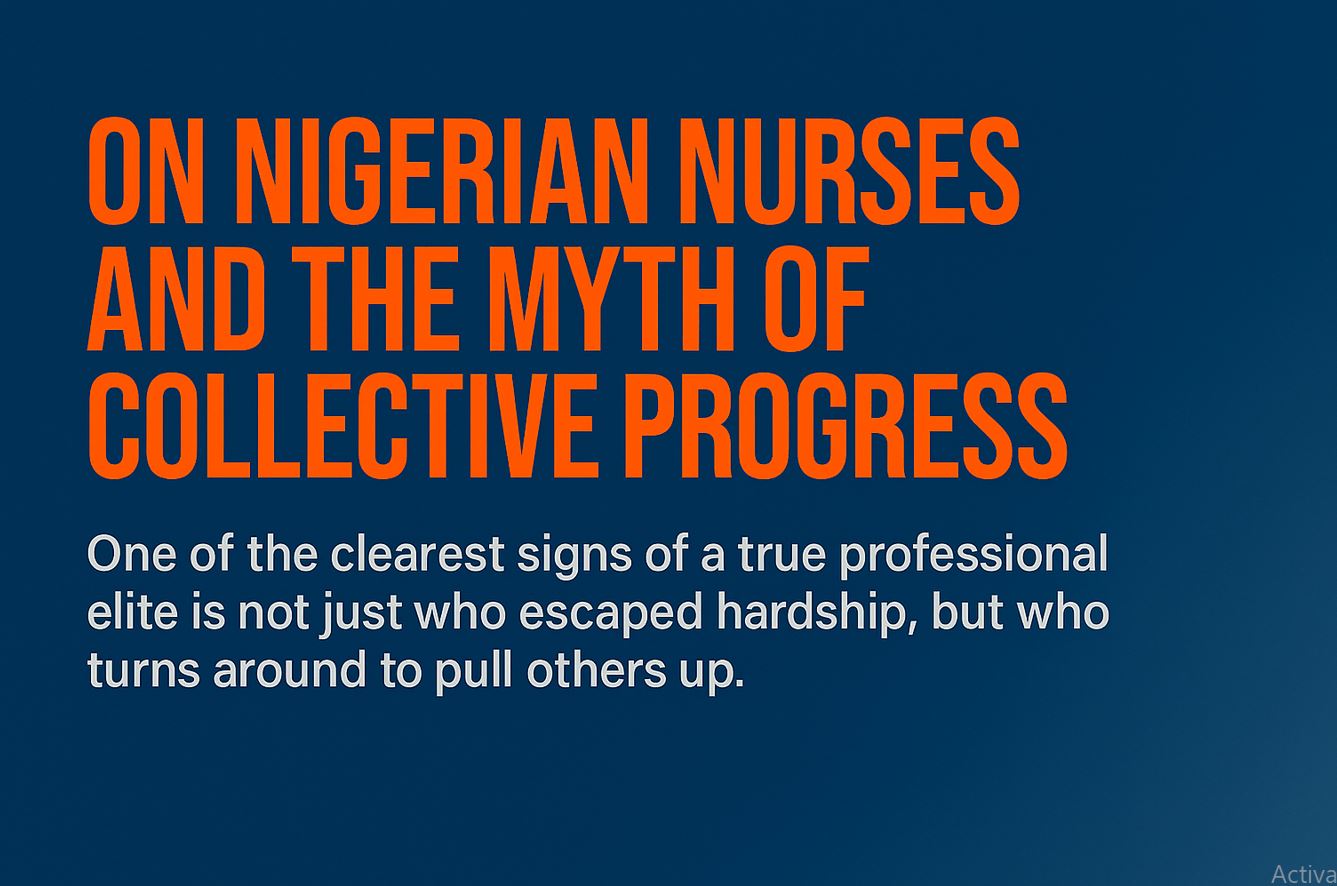The tragic incident in Calabar, where a police officer reportedly suffering from mental instability opened fire and killed three individuals, has once again highlighted the urgent need for frequent psychological evaluations within the Nigerian Police Force. This unfortunate event underscores the dangers posed by unchecked mental health issues among security personnel entrusted with protecting lives and property.
The Growing Concern of Mental Health in Law Enforcement
Law enforcement is a high-stress profession that exposes officers to traumatic experiences, long hours, and intense pressure. Without proper mental health support, officers may develop conditions such as post-traumatic stress disorder (PTSD), depression, or other psychological disorders, which, if left undiagnosed and untreated, can lead to catastrophic consequences.
Globally, many police forces have implemented routine psychological assessments to ensure their officers remain fit for duty. However, in Nigeria, there is little emphasis on periodic mental health evaluations, leaving room for cases like the recent Calabar shooting. This incident should serve as a wake-up call for policymakers and security agencies to prioritize the mental well-being of officers.
To prevent similar tragedies, it is imperative that the Nigerian Police Force implements structured and regular psychological evaluations. Some key measures that should be adopted include:
- Mandatory Psychological Assessments: Police officers should undergo mental health screenings at regular intervals, not just at the point of recruitment. This will help identify and address potential psychological concerns before they escalate.
- Access to Mental Health Support: Counseling services, therapy, and peer support programs should be made available to officers to help them cope with stress and trauma.
- Proper Monitoring and Reporting Systems: Fellow officers and supervisors should be trained to recognize signs of mental distress and report concerns without fear of stigma or backlash.
- Temporary Suspension of Firearm Access for At-Risk Officers: Officers exhibiting signs of mental instability should be temporarily relieved of firearm duties until they are medically cleared to resume active service.
The safety of both police officers and the citizens they serve depends on ensuring that only mentally stable individuals are entrusted with firearms and the responsibility of law enforcement. The Nigerian government, police authorities, and mental health professionals must collaborate to establish policies that prioritize mental health evaluations as a key aspect of police service.
The tragic shooting in Calabar should not be dismissed as an isolated event but rather as a signal that reforms are needed. Proactive steps must be taken to prevent future incidents and ensure that those who pledge to protect the public are also protected from the silent battles of mental health struggles.




